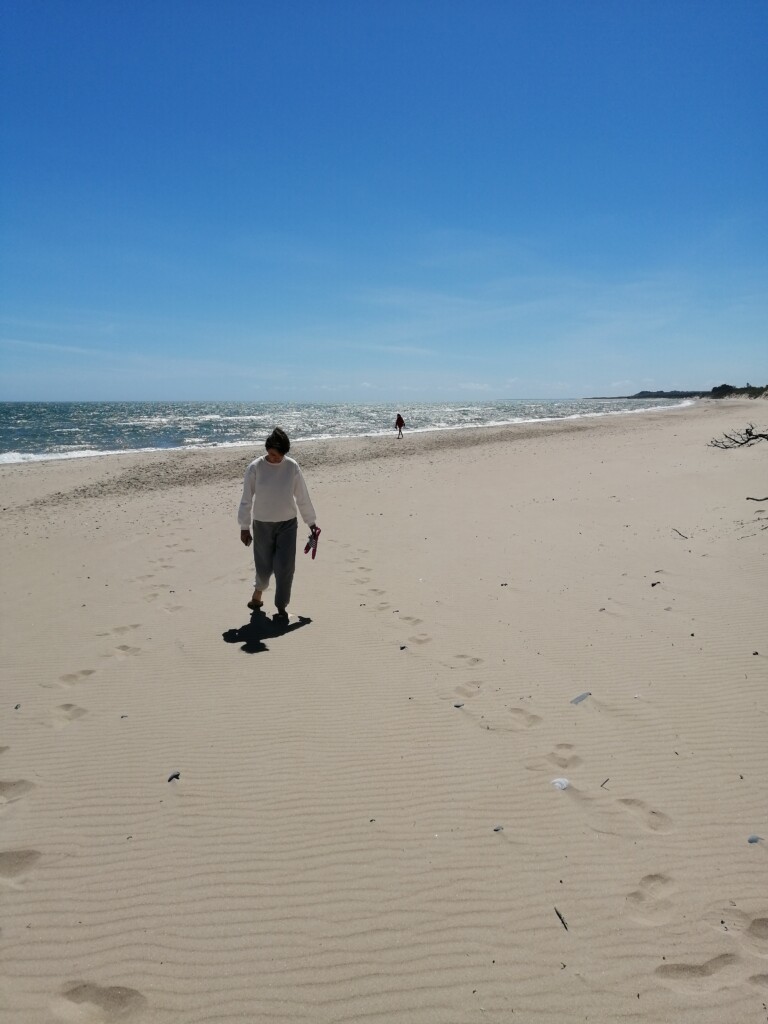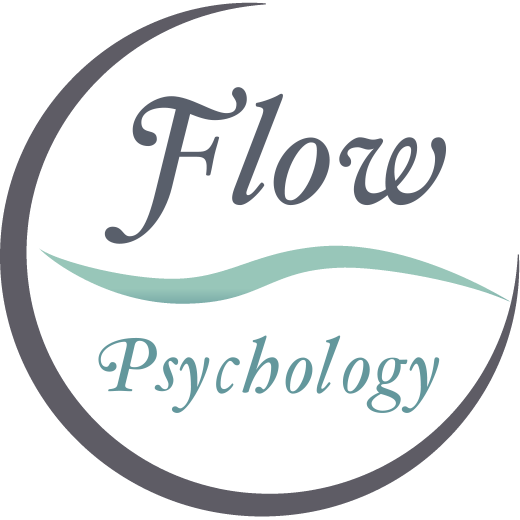Counselling and therapy services in Ireland
Ireland has made significant strides in recent years to improve mental health services and support for those in need. Mental health is a crucial aspect of overall well-being, and it is essential to know where to turn for help when experiencing mental health challenges.
My name is Gary Ross and here at flowpsychology.ie I have been successfully providing clients of all ages with CBT cognitive behavioural therapy and positive psychology therapy for over 10 years.
They are my primary treatment options because of the revolutionary evidence based strategies and predictable results they achieve.
There are several avenues available for those seeking support and information about mental health in Ireland. The HSE provides a range of mental health services, including community mental health teams, day hospitals, and inpatient care. Additionally, there are several voluntary organizations, such as Aware, Pieta House, and Samaritans, that offer support and information to those experiencing mental health difficulties. These organizations provide a range of services, including helplines, support groups, and counselling.
It is essential to note that seeking support for mental health challenges is a sign of strength, and there is no shame in reaching out for help. There are many resources available in Ireland for those experiencing mental health difficulties, and it is crucial to take advantage of them. Whether seeking support from a healthcare professional or a voluntary organization, there is help available for those in need.
Getting Professional Support

When it comes to seeking professional support for mental health difficulties, there are several options available in Ireland. Here are a few of the main ones:
General Practitioners
General Practitioners (GPs) are often the first point of contact for those experiencing mild to moderate mental health challenges. They can provide support, advice, and referral to other mental health services if necessary. GPs can also prescribe medication and monitor its effects. It is important to note that while GPs can offer some support, they may not have the specialist expertise to provide more in-depth treatment for complex mental ill health.
Community Mental Health Team
Community Mental Health Teams (CMHTs) are made up of a range of mental health professionals, including psychiatrists, psychologists, social workers, and occupational therapists. They provide assessment, treatment, and support to individuals experiencing more severe or complex mental health difficulties. Referral to a CMHT usually comes from a GP, but self-referral may be possible in some cases. CMHTs offer a range of interventions, including medication, talking therapies, and practical support.
Child and Adolescent Mental Health Services (CAMHS)
Child and Adolescent Mental Health Services (CAMHS) provide assessment, treatment, and support to children and young people up to the age of 18 who are experiencing mental health difficulties. Referral to CAMHS usually comes from a GP or school, but self-referral may be possible in some cases. CAMHS offer a range of interventions, including talking therapies, family therapy, and medication.
Overall, the healthcare system in Ireland offers a range of professional support for those experiencing mental health difficulties. It is important to seek help early if you are struggling, and to be open and honest with your healthcare provider about your symptoms and concerns.
Counselling and Psychotherapy
Counselling and psychotherapy are two of the most common forms of professional support available for individuals experiencing mental health problems in Ireland. These therapies involve talking to a qualified therapist or counsellor who can provide a safe and confidential space to explore and work through personal issues.
Pieta House
Pieta House is a non-profit organization that provides free counselling and psychotherapy services to individuals experiencing suicidal ideation, self-harm, and other mental health problems. They have several locations throughout Ireland and also offer online counselling services. Pieta House has a team of qualified therapists who use evidence-based therapies to support individuals in their recovery.
Jigsaw
Jigsaw is a youth mental health service that provides counselling and psychotherapy to young people aged 12-25. They have several locations throughout Ireland and also offer online counselling services. Jigsaw’s team of qualified therapists use a range of evidence-based therapies to support young people in their recovery.
Gary Ross flowpsychology. ie
I provide affordable counselling and CBT psychotherapy services to individuals of all ages. I support people throughout Ireland and also offer online counselling services. I am a qualified psychologist and use a range of evidence-based therapies to support individuals in their recovery.
Shine
Shine is a national organization that provides support and information to individuals and families affected by mental health problems. They offer a range of services including counselling and psychotherapy. Shine’s team of qualified therapists use a range of evidence-based therapies to support individuals in their recovery.
Overall, counselling and psychotherapy can be effective forms of support for individuals experiencing mental health problems in Ireland. These therapies can help individuals work through personal issues, develop coping strategies, and improve their overall mental wellbeing.
Helplines and Listening Services
If you need someone to talk to about your mental health, there are several helplines and listening services available in Ireland. These services offer confidential and non-judgmental support to help you cope with your emotional struggles.
HSE Helpline
The HSE (Health Service Executive) provides a free helpline that offers support and information on mental health issues. You can call the helpline at 1800 742 444 to speak with a trained mental health professional. The helpline is available 24 hours a day, seven days a week.
Childline
Childline is a helpline and listening service for children and young people up to the age of 18. The service is available 24 hours a day, seven days a week, and you can contact them by phone, text, or online chat. Childline provides a safe and confidential space for children and young people to talk about their mental health and emotional wellbeing.
Samaritans
Samaritans is a listening service that provides emotional support to anyone who is struggling to cope. You can contact Samaritans by phone, email, or text, and the service is available 24 hours a day, seven days a week. Samaritans offers a non-judgmental and confidential space for you to talk about your feelings and emotions.
Overall, helplines and listening services can be a valuable resource for anyone struggling with their mental health. They provide a safe and confidential space to talk about your feelings and emotions and can offer support and guidance to help you cope with your struggles.
Support for Specific Issues
Suicide and Self-Harm
For those struggling with suicidal thoughts or self-harm, there are several resources available in Ireland. Pieta House provides free counselling services for those who are suicidal or engaging in self-harm. The Samaritans also offer a 24-hour helpline for those in crisis. Additionally, the National Office for Suicide Prevention provides information and support for those affected by suicide.
Anxiety and Depression
Anxiety and depression are common mental health issues that affect many people in Ireland. Aware offers support groups and an online support service for those dealing with depression or anxiety. The HSE also provides a list of services for those seeking help with their mental health. These services include counselling and therapy sessions.
Eating Disorders
Eating disorders can be difficult to manage without professional support. Bodywhys provides a helpline and support groups for those struggling with eating disorders. The HSE also provides a list of services for those seeking help with eating disorders, including counselling and therapy sessions.
Bereavement
Bereavement can be a difficult time for anyone, and it can be especially challenging for those dealing with mental health issues. The Irish Hospice Foundation provides a bereavement support line and counselling services for those who have lost a loved one. The Samaritans also offer support for those struggling with grief.
Overall, there are many resources available for those seeking support for mental health issues in Ireland. Whether it’s through counselling services, support groups, or helplines, there are many options for those in need of help.
Support for Young People
Young people in Ireland who are struggling with their mental health can access several resources for support. Two of the most popular resources are SpunOut.ie and Jigsaw.
SpunOut.ie
SpunOut.ie is a website that provides information and support for young people in Ireland. The website covers a range of topics related to mental health and wellbeing, including anxiety, depression, stress, and relationships. SpunOut.ie also offers a text message support service where young people can receive advice and support from trained volunteers.
Jigsaw
Jigsaw is a youth mental health charity that provides free, confidential support to young people aged 12 to 25. The charity has 13 centres across Ireland, where young people can access one-to-one support, group sessions, and online resources. Jigsaw also offers a text message support service and a telephone support line.
Both SpunOut.ie and Jigsaw are excellent resources for young people who are struggling with their mental health. These resources offer a range of support options, including online resources, text message support, and one-to-one sessions. Young people who are struggling with their mental health should not hesitate to reach out for support.
Support for the LGBTQ+ Community
Individuals who identify as LGBTQ+ often face unique challenges when it comes to mental health. Fortunately, there are several organizations in Ireland that offer support specifically tailored to this community.
BeLonG To
BeLonG To is an Irish organization that provides support to LGBTQ+ youth. They offer a range of services, including counselling, support groups, and educational resources. In addition to their mental health services, BeLonG To also advocates for LGBTQ+ rights and works to create a more accepting and inclusive society.
LGBT Ireland
LGBT Ireland is another organization that provides support to the LGBTQ+ community. They offer a helpline that individuals can call to receive confidential support and information. In addition, they offer face-to-face counselling and support groups, as well as training for mental health professionals who work with LGBTQ+ individuals.
Both BeLonG To and LGBT Ireland are great resources for individuals in the LGBTQ+ community who are seeking support for their mental health. Whether you are struggling with anxiety, depression, or any other mental health issue, these organizations can provide you with the support and resources you need to feel better.
It is important to note that LGBTQ+ individuals can also receive support from community mental health teams. These teams are made up of healthcare professionals who work together to provide care and support to individuals with mental health issues. If you are struggling with your mental health, don’t hesitate to reach out to one of these organizations or teams for help.
Conclusion
In conclusion, Ireland offers a range of mental health support and resources to those who need it. From mental health information to wellness programs, individuals can access various resources to help them manage their mental health.
Waterford, Galway, Limerick and Cork have a number of mental health supports available, including community mental health teams, counselling services, and support groups. These services can provide individuals with the necessary tools and guidance to manage their mental health and improve their overall well-being.
For those who may be feeling isolated or alone, ALONE is a national organization that provides support services to older people who are socially isolated. They offer a range of services, including befriending, support coordination, and housing assistance.
Overall, it is important to remember that seeking support for mental health is a sign of strength, not weakness. Whether it is through counselling, therapy, or community support groups, there are resources available to help individuals manage their mental health and improve their quality of life.
JUST REACH OUT



